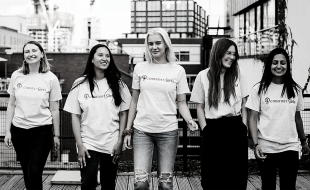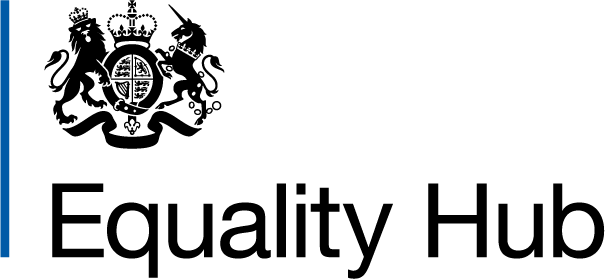
Today marks 'International Day of the Girl Child', an annual initiative dedicated to focusing on the need to achieve gender equality and empowerment for young women across the world. This year’s theme is ‘My Voice, Our Equal Future.’ As CEO of Code First Girls, I will outline the current challenges we are facing in gender representation and equal opportunities, notably with an increasing STEM skills gap in the UK, and offer my advice forinto how individuals and organisations can positively influence the future for women in this sector.
The Demand for STEM
The demand for STEM skills is growing, particularly for sectors such as engineering, construction, and manufacturing. While the appetite for technology skills continues to rise, women remain underrepresented in this sector, with 17 percent making-up IT professionals in the UK. This issue is not only prevalent in the world of work, but also in education. According to WISE, only 29% of all A-levels across core STEM subjects are awarded to girls, despite the fact that girls who take maths and science at A-level will go on earn a third more in wages than others. Change can and must be made.
Amidst a turbulent economic landscape, now is the time for companies to reevaluate their strategies and make inclusivity a key focus. Through establishing a company culture that supports a diverse set of voices, you are building a stronger workforce and playing your part in closing the UK skills gap. This all sounds positive, but how can gender equality really be achieved?
Build a company culture for all
It’s important to establish a forum that allows all employees to have a voice, as well as implement formalised and fair procedures for sharing concerns. Without doing so, organisations run the risk of relying on only a select number of senior perspectives. The challenge is that their voice won’t reflect the varied makeup of the organisation, as they simply can’t embody the opinions of every individual in the business.
Business leaders need to examine every aspect of work with a diversity and inclusion focus. Start by interrogating the distribution of tasks for employees, and ask yourself, are some being offered opportunities that others aren't? Are there differences in how individuals are managed? Does everyone have a clear understanding of their career trajectory? By analysing this information, you can identify the areas that are lacking in your organisation and take action to eliminate this bias, and build a better business and in-turn set an example for companies globally.
Upskill your workforce
The McKinsey Global Institute estimates that women make up almost two-fifths of the global labour force, but have suffered more than half of total job losses from the pandemic. At a time when women have been displaced by COVID-19 redundancies, helping women to break into the tech scene by providing them with the skills to achieve this is crucial.
Creating a highly skilled and diverse workforce doesn’t solely need to be outsourced, instead, look to your existing employees. Businesses that offer upskilling are attractive for prospective hires, as this demonstrates a company culture that supports and values its employees.
At a time when businesses need to empower employees to work effectively, whether in the office or working remotely, this is the perfect opportunity to support their upskilling. Invest your time and energy into virtual training sessions, and invest in them and their future.
Tackle imposter syndrome
Today, 90% of women in the UK experience imposter syndrome—defined as a failure to believe that your successes are a result of your own abilities. As a condition that is so common and debilitating to female success, organisations must ensure that they are creating an empowering environment for female employees in the working world.
To combat this issue and stop feelings of self-doubt permeating throughout your organisation, ensure all interactions make a difference. Take the time out of your day to congratulate a colleague or employee on their work or celebrate their successes, provide constructive feedback, and offer to discuss verbally if beneficial for their learning. Ahead of meetings, create clear agendas with owners identified — this can help set up those individuals with confidence issues with the opportunity to succeed.
I encourage everyone to use this day and the theme of ‘My Voice, Our Equal Future’ to establish how you can better your employees and improve your business. We have the opportunity to rethink the way we work and use our voice to better support women to succeed. It’s time to end inequality inand bias in the workplace and close the digital skills gap for good.

Anna Brailsford is CEO of Code First Girls, an organisation dedicated to transforming tech by providing the skills, space and inspiration for women to become 'kick-ass developers and future leaders'.

Recent Comments